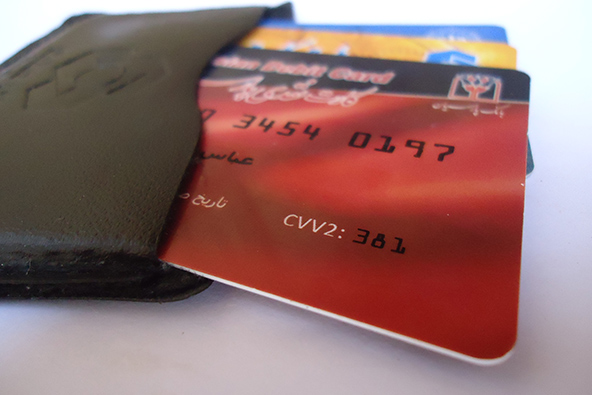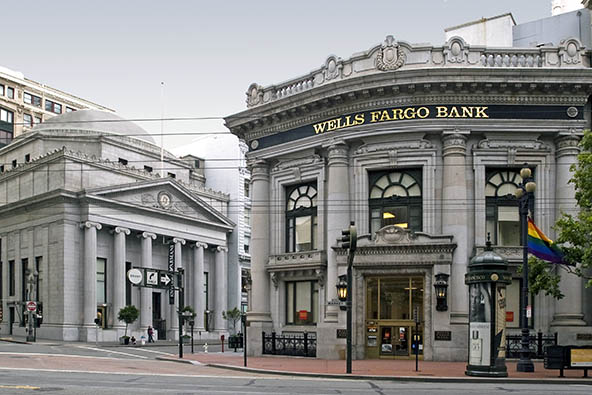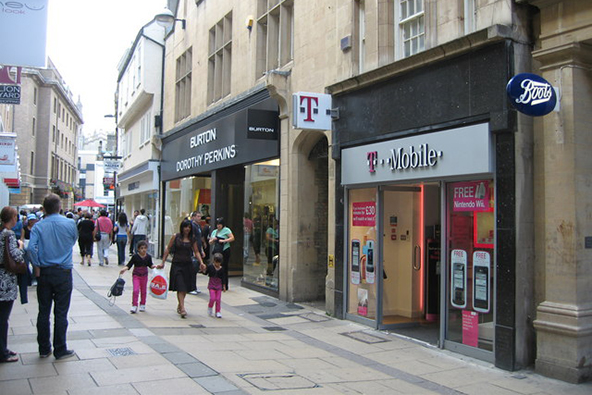How to Find the Right Merchant Account for Your High-Volume, High-Risk Business

If you’ve been operating a high-risk business for some years, you know very well just how difficult it can be to find a payment processor who is both willing and able to provide the type of merchant account that you need. More often than not, people in your situation are forced to accept what is available, even if it is less than optimal — there seems to be nothing better around. And the weird thing is that a growing volume doesn’t necessarily improve your bargaining position — in fact, it may hurt you, as your processor may raise your risk classification and may eventually terminate your service as a result.
Now, to an industry outsider, this would make no sense at all — why would you throw out a merchant, just because he’s starting to make you even more money than before? But you are not an outsider and experience has taught you that, from your processor’s view, as a high-risk merchant’s sales volume increases, so does the processor’s liability — should anything go wrong with the merchant, the processor stands to lose more money. So what are you to do? After all, suppressing growth just so that you remain in your current processor’s favor doesn’t sound like a winning strategy. On the other hand, you are not all that eager to switch to one of those processors operating out of small islands in the middle of nowhere who are promising you everything you could possibly want, and cheaply.
Well, luckily, you don’t have to pursue either strategy. As it happens, there are processors operating in predictable jurisdictions who will be perfectly happy to work with you and do so on reasonable terms. You will only need to identify them correctly and be well-prepared for a more rigorous and involved underwriting process. Regarding the former condition, your reading of this blog indicates that you are coping with it quite well on your own. And with this article, I will prepare you to negotiate successfully the underwriting review.
What Would Your Ideal Merchant Account Look Like?
Let’s begin by sketching out the merchant account you would ideally like to have. Here are its main features:
- No upper processing limit — as already noted, you wouldn’t want to have your business’ growth prospects restricted by limitations imposed by a service provider.
- Chargeback flexibility — your business is operating in a high-risk industry and chargebacks are an always-present concern. You are becoming better at preventing chargebacks, but a sudden spike is never out of the question and you want to be certain that your processor has your back when that happens.
- Reasonable pricing terms — you understand that expertise has its price, but there are limits to what you believe you should be paying.
- Settlement currency — you want to be able to select the type of currency, in which transactions will be settled.
- Fast payouts — you expect daily or, at the very least, weekly payouts.
- Bank deposits — you expect deposits to be made in a bank of your choice, wherever it may be located.
- Solid customer support — whenever you may need assistance, it should be readily available.
Of course, merchants will want to have other requirements met, some of them quite important. For example, if a merchant has been placed on the TMF / MATCH list, the processor will have to be able to deal with that. Nevertheless, the seven features I’ve listed above form the backbone of the merchant account a high-volume business would want to have.
Getting through the Application Process
As already noted, the high-risk, high-volume merchant account application process with the type of company you would want to process your payments, will be a more involved affair than what you may be used to. Typically, the paperwork required to initiate the application process consists of:
- Application form — a fairly standard one, which you will want to fill out as thoroughly as you can, to avoid having to answer a series of additional questions later.
- Articles of Incorporation / Registration or whatever the equivalent document for the formation of your business may be.
- Business license, where required by law.
- Valid government picture ID — in the U.S. a driver’s license is typically provided, elsewhere — a passport is the most common form of identification submitted by applicants.
- Business utility bill, showing your address and no older than 30 days from the date on which you signed the application form.
- Personal CV or r??sum?? for the business owner.
- Six latest processing statements with your current or latest payment processor.
- Three most recent bank statements for your business.
- Voided check for the account where your money will be deposited or, if unavailable, a signed bank letter.
Your processor will typically want to have these documents in English, so be prepared to have them translated, if necessary. It is virtually guaranteed that, once the underwriting review gets under way, you will be asked to provide an additional piece of documentation or an explanation of something or other. For example, if you have been placed on the TMF, you will have to provide an explanation, in writing, for the reasons for the placement. And, by the way, don’t hide a TMF placement — it inevitably pops out during the underwriting review, anyway. However, by keeping the processor in the dark about it, you send them in the wrong direction, as the set-up of a TMF merchant account is quite different from normal, and that’s just a completely unnecessary waste of time.
Application processing times vary, as industry regulations require processors to handle some industries more carefully than others. Typically, the process will run its course within one to two weeks, however in some cases it may take significantly longer than that.?á The delay may be caused by a number of reasons, but the underlying cause is that, in high-risk payment processing, everything is decided on a case-by-case basis. That is why your input during the application process is invaluable. You have to provide all the necessary paperwork and information, yes, but you also have to make sure you present your business in the best possible light.
The Takeaway
There is a whole number of reasons why all mainstream processors will be unwilling, and many high-risk specialists will be unable, to work with high-volume, high-risk businesses, even when they are very well qualified and this is just the way it is and will not change anytime soon. In these processors’ eyes, the higher volume just multiplies the already high risk!
But there are also processors, which have made it their specialty to serve exclusively the high-risk, high-volume end of the merchant spectrum and they are always looking for new business to take on board. These processors will be more thorough when reviewing your application documents, will ask more questions, and will generally need your help to a greater degree than their lower-risk counterparts. However, by working closely with them, you will ultimately be helping yourself. As you may have guessed, at UniBul we are one of these specialists and will be excited to work with you and set up your high volume merchant account!
Image credit: Wikimedia Commons.


